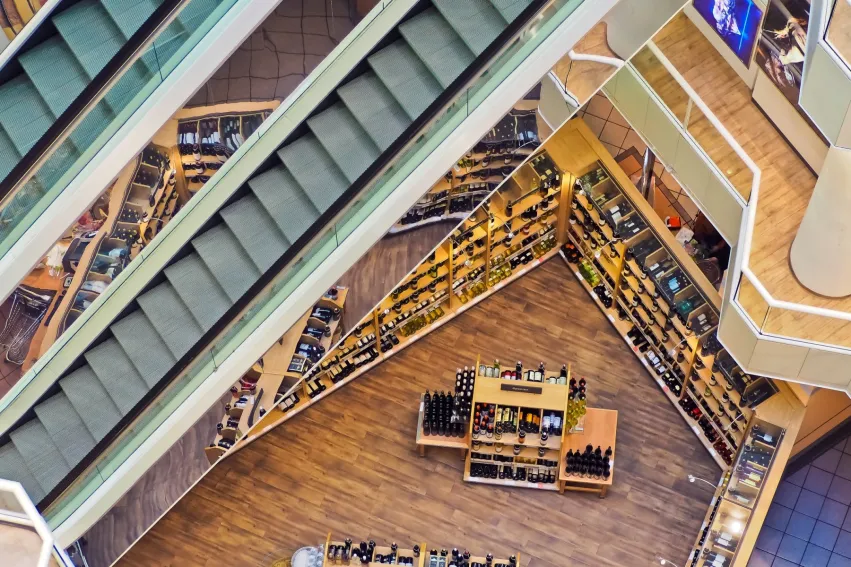
How to push development of China’s department stores
Department stores are said to characterize their cities’ development.
China’s department stores were urged to recognize and emphasize its value as both commercial and geographical landmarks to help in further promoting the sector’s development, according to a report from Fung Business Intelligence.
The report noted that department stores play a pivotal role in the fashion economy, and many well-known international department stores—such as London’s Harrods and Selfridges, Nordstrom’s flagship store in Seattle, Galeries Lafayette in Paris, and Beijing’s SKP—are both urban landmarks and benchmarks for the latest fashion trends.
“Their appeal extends beyond the goods they sell, drawing visitors that simply want to visit these iconic locations. Whilst this applies to international capitals and large cities, there are plenty of department stores in third- and fourth-tier cities that are both local landmarks and fashion destinations,” the report stated.
Thus, department stores become valuable landmarks of their cities, as they characterize their cities’ development, enduringly guiding their fashion trends. They are also said to be crucial commercial landmarks, as the commercial industry would be incomplete without them.
“Furthermore, as consumers steadily upgrade their consumption to higher end products (such as gold and jewelry, cosmetics, clothing, etc.), department stores will be the main sales channel for these items. As such, the commercial value of department stores as city landmarks and commercial landmarks must be well recognized and realized,” the report added.
At the same time, Fung noted that department stores not only drive consumption, but also make a positive impact on the urban landscape. However, both the physical and digital transformation of department stores require a large amount of capital investment, which creates immense financial pressure for department store operators.
The Beijing Municipal Bureau of Commerce is currently supporting upgrades and transformation projects of traditional shopping malls through the “one store, one policy” pilot program, providing financial support of up to about $772,000 (RMB5m) for individual enterprises.
Through this, the government is aiming to strengthen the department store sector and help department stores to provide a better shopping experience for consumers, which would in turn boost consumption. Fung said that it would be beneficial to roll out such programs nationwide.
Further, after the pandemic, local governments handed out consumption vouchers to incentivize spending, creating multiplier effects to stimulate the economy. The report urged governments to continue implementing these measures during major holidays.



















 Advertise
Advertise






